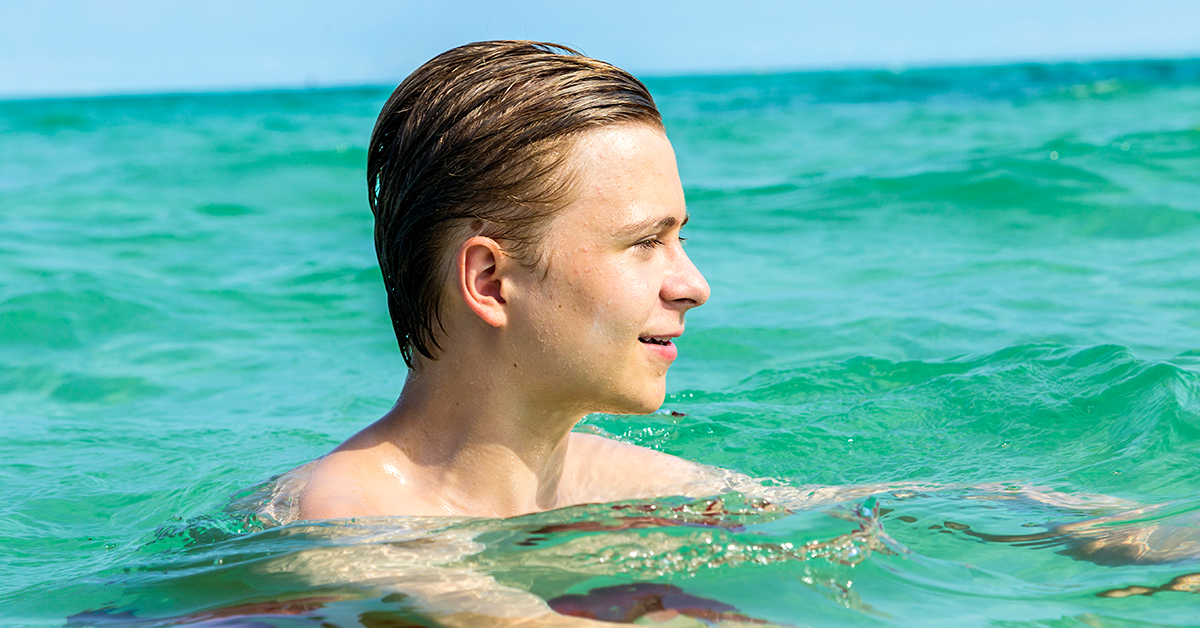
5 Ways to Prevent Swimmer's Ear
If there's water in your ear for a long time, you may experience a condition known as swimmer's ear. Essentially, swimmer's ear is an ear infection that can lead to a great deal of pain and discomfort. Hence its name, swimmer's ear is widely seen in swimmers or other individuals who spend a lot of time in water. Fortunately, there are several things you can do to reduce your risk of swimmer's ear.
1 - Keep Your Ears Dry
Clean, dry ears are the key to preventing swimmer's ear. Every time you leave the shower, bath, or swimming pool, tip your head to both sides. This can ensure that all of the stored water makes its way out of your ear. You can also mix together a bit of vinegar and rubbing alcohol and put it in your ears after you take a shower or swim. Just make sure to do this in moderation as overdoing it can raise your chances of an ear infection.
2 - Wear Earplugs
If you swim often or have a history of swimmer's ear, get into the habit of wearing earplugs. Earplugs are inexpensive and effective at keeping water out of your ear. If you go this route, choose a pair of earplugs that fit you well. Avoid noise reducing earplugs and go for ones that are specifically designed to prevent swimmer's ear.
3 - Avoid Swimming in High Bacteria Water
The more bacteria in a pool, the more likely you are to develop swimmer's ear. Since it can be difficult to know how much bacteria is in a pool, look for signage. If you notice a sign near a body of water that says "High Levels of Bacteria," it's best to avoid swimming there. In the event there is no warning of high bacteria, look for murky or dirty water as this may indicate high bacteria.
4 - Do Not Stick Foreign Objects in Your Ears
It may be tempting to stick a pencil or another object into your ear, especially if it feels itchy. It's best to refrain from doing so as this can push the water and any wax you may have deeper into your ear. Additionally, it can wreak havoc on your ear canal.
5 - Use Ear Drops
There are special ear drops that are specifically formulated to dry up water. If you suffer from swimmer's ear often, they may help. Be sure to consult your doctor as you may not be able to use them if you have a perforated eardrum or have undergone ear surgery.
By following these tips, you can swim, shower, and bathe without worry. If your swimmer's ear doesn't go away after about 10 days, see a doctor.
